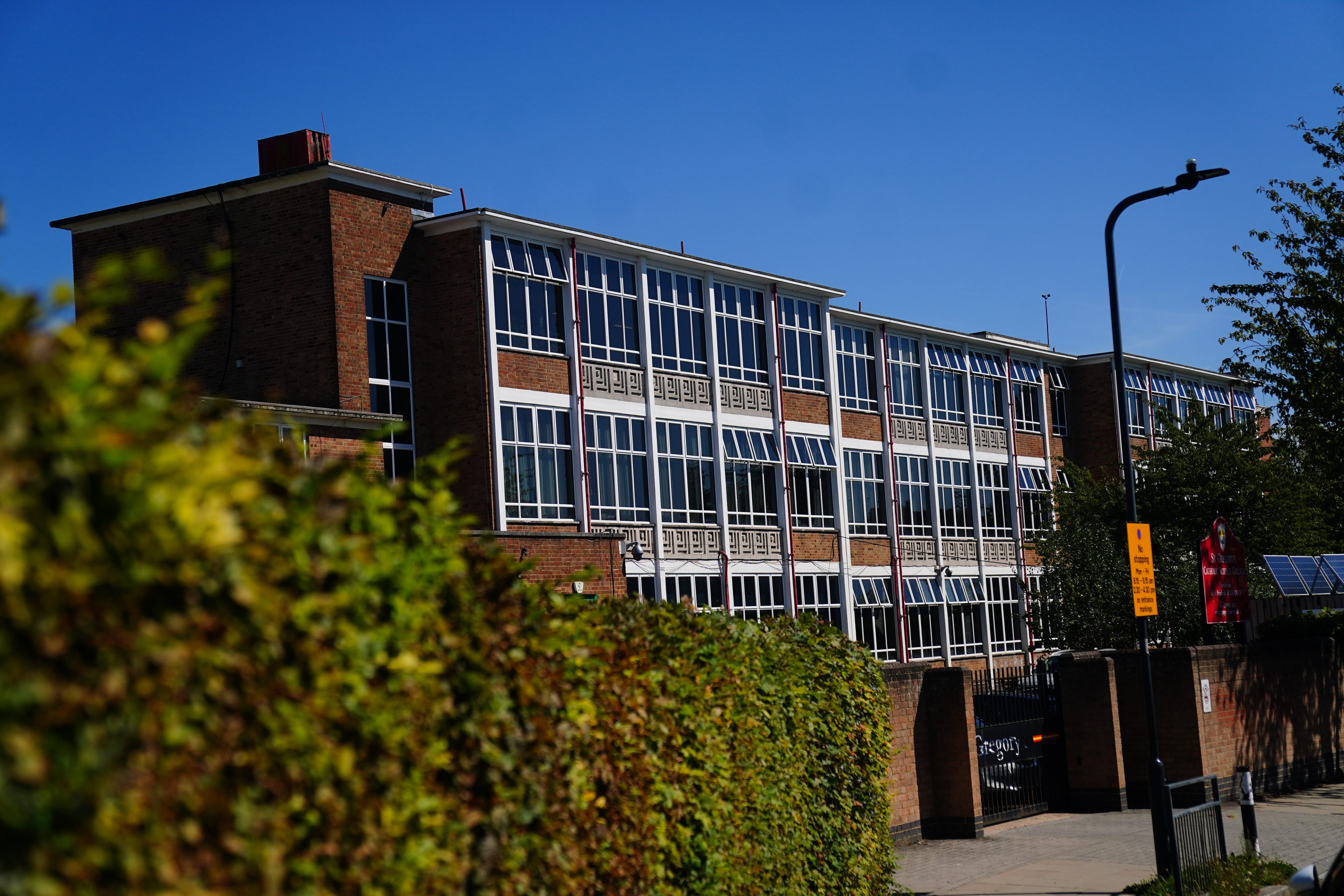More than 600 schools surveyed so far for crumbling concrete, say officials
Officials also confirmed that the department has received 98% of responses to a questionnaire about potential Raac.

More than 600 schools have now been surveyed for collapse-risk concrete, senior officials in the Department for Education have said.
Officials also confirmed that the department has received 98% of responses to a questionnaire about potential reinforced autoclaved aerated concrete (Raac) in their buildings.
It comes after ministers set a deadline of last Friday for school leaders and responsible bodies to respond.
The new figures emerged as permanent secretary at Department for Education Susan Acland-Hood and chief operating officer Jane Cunliffe appeared before the Public Accounts Committee (Pac).
The two top officials were grilled by MPs about the ongoing crisis, with Pac chair Dame Meg Hillier telling the civil servants that it was “disappointing” the pair had not come before MPs ready to provide more figures.
The Department for Education officials resisted questions about how many schools were waiting for a survey for Raac, amid questions from Dame Meg about whether the number was in the “tens” or “hundreds”.
Ms Cunliffe said: “It is very fast-moving, we are doing tens of surveys every day.”
She said that eight surveying firms were currently doing both new and return visits to schools.
“As soon as we hear about a school that suspects it has got Raac, we can get that survey done in weeks. So we are hoping over the next few weeks, to have identified the majority.”
Ms Cunliffe told MPs that in two-thirds of all the surveys conducted, Raac had not been found.
The officials could not put a figure on the total number of pupils affected by the crisis, but defended the department’s handling of the issue and said that there was a “co-ordinated” cross-government approach.
Ms Acland-Hood said: “I don’t think I can give you an assurance that there won’t other changes in advice or views about it.
“But I think the critical thing that we were trying to do was actively stay close to the latest understanding and evidence on it.”
Ms Acland-Hood also said that Education Secretary Gillian Keegan had been “generous” in her gratitude towards officials, after a sweary outburst last week saw the Cabinet minister complain that “everyone else has sat on their arse and done nothing”.
She told MPs: “The Secretary of State has been generous in recognising work done in the department.
“I don’t think she did intend to suggest others hadn’t been working hard. All I can say is on behalf of the department, I am really grateful.
“I think schools, responsible bodies and teachers up and down the country have worked unbelievably hard in what were very difficult circumstances, at short notice.”
Subscribe to Independent Premium to bookmark this article
Want to bookmark your favourite articles and stories to read or reference later? Start your Independent Premium subscription today.
